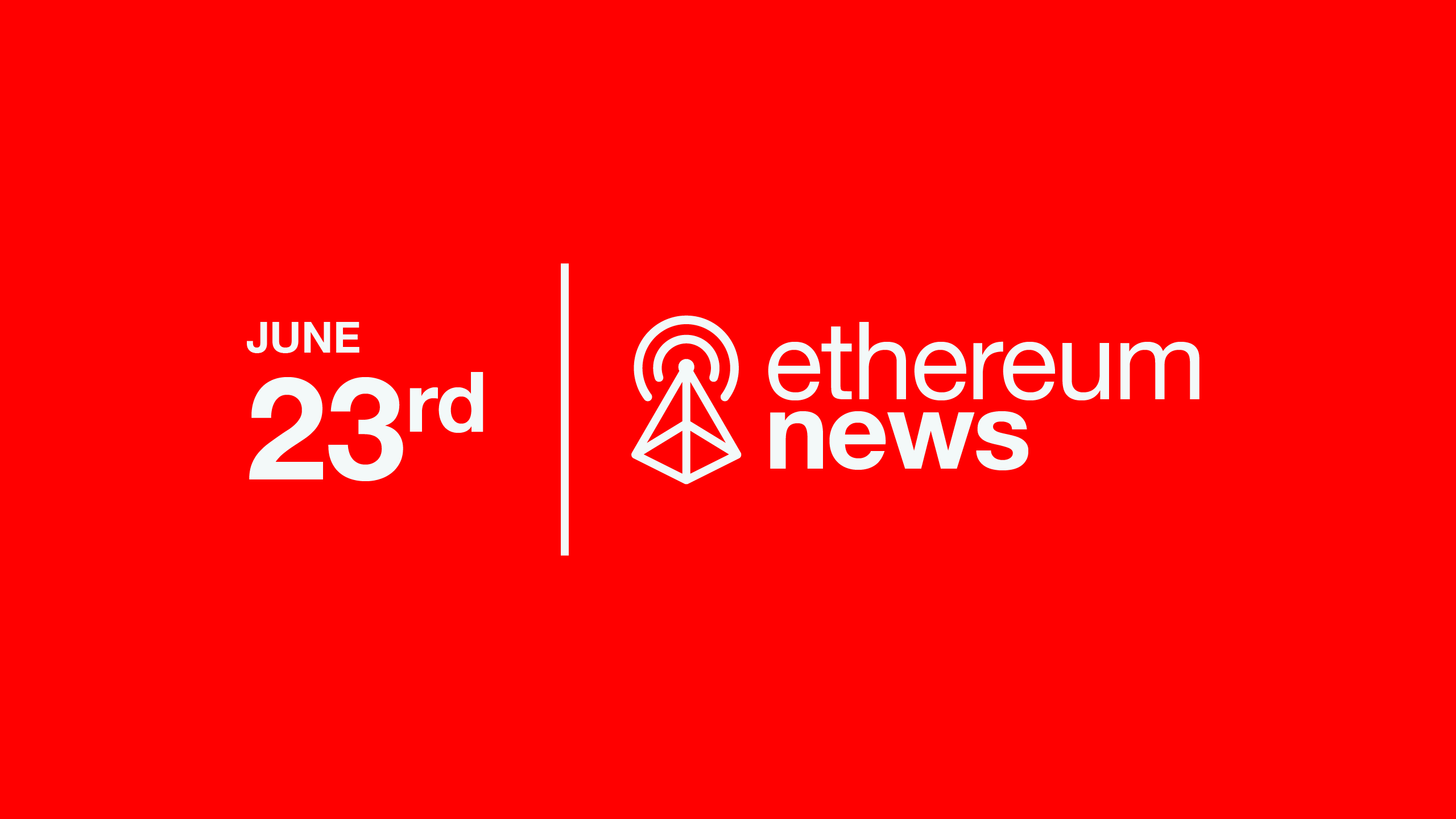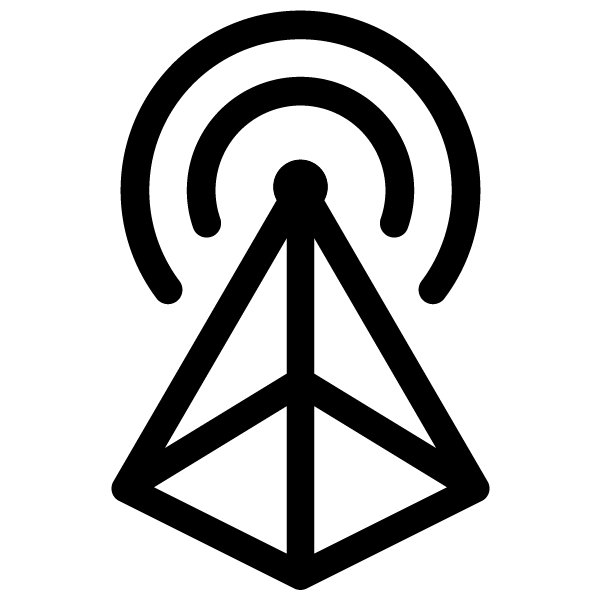Optimism Is Now OP Mainnet
The distinction between OP Mainnet and Optimism denotes the L2 chain from the Optimism Collective.

Quick Take
- Proposal for Lido rewards-share program opens for voting.
- Optimism formally renames its chain to OP Mainnet.
- Coinbase wins an arbitration case.
- Proposal to include unshETH on EigenLayer.
Listen on: Apple | Castbox | Spotify | YouTube | Lens
Optimism Highlights 🔴✨
Optimism Is Now OP Mainnet
Optimism, the second-largest rollup by TVL, formally changed the name of its chain to OP Mainnet. The distinction between OP Mainnet and Optimism denotes the L2 chain from the Optimism Collective, which is the governing body for all OP chains. There are four OP chains, including OP Mainnet, BASE, opBNB, and Zora. Together, the collection of OP chains makes up The Superchain. While each chain features its own properties and independent sequencer, they all retain shared security. Only OP Mainnet and Zora Network have been deployed to mainnet. Coinbase’s BASE chain and Binance’s opBNB chain are currently on testnet.
Lido Tiered Rewards-Share Program
A proposal for a new tiered rewards-share program on Lido Finance is now open for voting. The proposal aims to attract large stakers by allocating a portion of Lido DAO rewards to entities committing to stake a minimum of 2,500 ether. The program will be funded by a percentage of the DAO's current 5% share of staking rewards. 90% of staking rewards on Lido are distributed to liquid stakers. The remaining 10% of rewards are split evenly between node operators and the Lido DAO. The proposal also lists guidelines for onboarding, rewards distribution, and disqualification criteria for program abuse. Nearly one-third of all staked ether is currently staked through Lido.
There are also two other Lido proposals open for voting. A second proposal seeks to grant $300,000 to Launchnodes for the research and implementation of a responsible staking initiative. Lastly, a third proposal aims to establish the mission, vision, and purpose of the Lido DAO. Voting for all three proposals ends on Thursday, June 29th.
Coinbase Wins Arbitration Case
In a 5-4 vote, the U.S. Supreme Court ruled in favor of Coinbase in a class action lawsuit filed by a customer. The ruling grants Coinbase the ability to resolve customer and employee disputes through arbitration, avoiding lengthy and costly court trials. While separate from the SEC lawsuits, Coinbase's Chief Legal Officer, Paul Grewal, sees the judicial process as the company's best hope. Coinbase is involved in several active lawsuits, including a lawsuit from the SEC over alleged securities violations as well as several lawsuits at the state level. Coinbase is also suing the SEC for not responding to a rulemaking petition. The exchange is also a backer of a lawsuit against the U.S. Treasury regarding Tornado Cash sanctions.
Proposal To Add unshETH To EigenLayer
LSDfi's protocol unshETH proposed the inclusion of its diversified liquid-staked ETH basket token into EigenLayer. The unshETH token, backed by six LSTs, accrues both staking rewards and trading rewards from its LST-focused AMM. unshETH currently holds $32 million in TVL. EigenLayer currently supports stETH, rETH, and cbETH tokens. If unshETH is added, the integration would enable unshETH holders to restake their tokens, contribute to the security of other protocols, and earn extra rewards once active validated services are implemented on EigenLayer.
zkSync Releases ZK Credo Guide
zkSync released the ZK Credo, a series of principles for the development of emerging ZK tech. The credo includes eight founding principles and a community ethos statement. zkSync attributes three properties to the ZK revolution, including integrity, privacy, and magic. The Credo’s mission aims to advance personal freedom for users.

